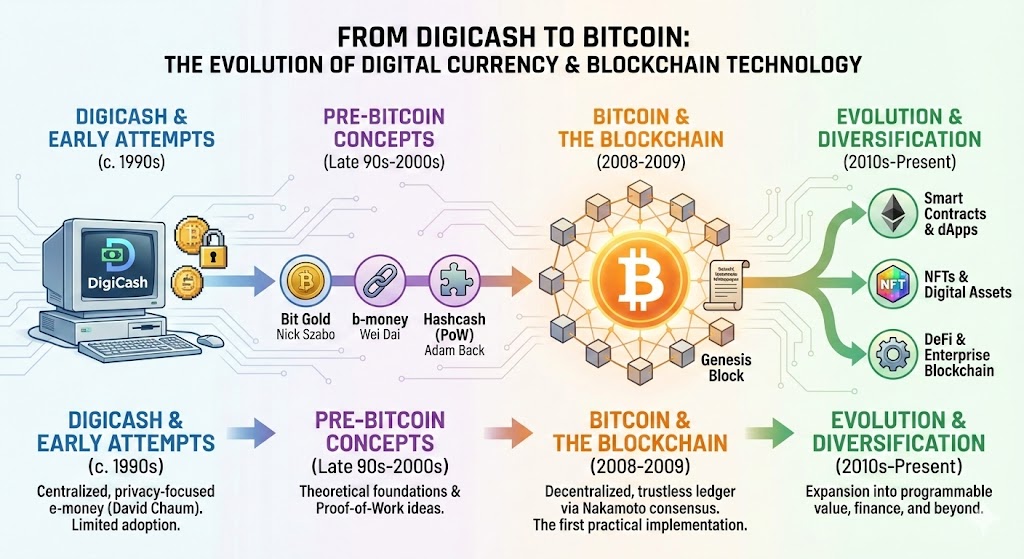Certified Online Courses: The Future of Education?
1. Introduction
In recent years, there has been a significant shift towards online learning as more and more people seek out alternative ways to gain new skills and knowledge. With the rise of technology, it has become easier than ever before to access educational resources from anywhere in the world. But what exactly are certified online courses, and why are they becoming increasingly popular? In this article, we will explore the benefits of certified online courses, compare them to traditional education, and discuss the challenges that come with this new form of learning.
2. Benefits of certified online courses
Certified online courses offer a variety of benefits over traditional educational methods. One of the main advantages is flexibility. Students can learn at their own pace, on their own schedule, from any location with an internet connection. This allows individuals who may not have been able to attend a traditional brick-and-mortar school to gain access to high-quality education. Also, certified online courses often provide a more engaging learning experience as they incorporate multimedia elements such as videos, animations, and interactive quizzes, making the material more memorable and engaging. Another benefit of certified online courses is the ability to network with peers from around the world. This can lead to new opportunities and connections that may not have been possible through traditional education. Finally, certified online courses are often more affordable than traditional education, making them accessible to a wider range of students.
3. Advantages of traditional education vs. certified online courses
Traditional education has been the standard for centuries, with students attending classes in person and receiving instruction from teachers who are present in the room. However, certified online courses have emerged as a viable alternative to traditional education, offering a number of advantages over their brick-and-mortar counterparts. lets explore some of these advantages.
Advantages of Traditional Education:
- Classroom Interaction: One of the primary benefits of traditional education is the face-to-face interaction between students and instructors. This direct interaction fosters dynamic discussions, collaborative learning, and the opportunity to seek immediate clarification. It also promotes social skills and networking, providing a holistic educational experience.
- Hands-On Experience: Traditional education often incorporates practical components, such as laboratory experiments, fieldwork, and hands-on training. This experiential learning allows students to apply theoretical knowledge in real-world scenarios, enhancing their skills and preparing them for practical challenges in their chosen field.
- Structured Curriculum: Traditional education follows a structured curriculum designed to provide a comprehensive understanding of the subject matter. It ensures a well-rounded education, covering various aspects of the field and providing a broad knowledge base.
Advantages of Certified Online Courses:
- Flexibility and Convenience: Online courses offer flexibility, allowing learners to study at their own pace and according to their own schedule. This is particularly advantageous for working professionals, parents, or individuals with other commitments. With online courses, you can access the learning materials from anywhere, eliminating geographical barriers.
- Specialized Training: Certified online courses often focus on specific skills or industries. They provide targeted education in niche areas, allowing learners to gain specialized knowledge and expertise. Whether it’s digital marketing, coding, or project management, online courses offer tailored content that directly aligns with the learners’ career goals.
- Cost-Effectiveness: Online courses tend to be more cost-effective compared to traditional education. They eliminate expenses associated with commuting, accommodation, and sometimes even textbooks. Also, online courses often have a lower tuition fee, making quality education more accessible to a wider audience.
- Continuous Learning Opportunities: Online courses enable lifelong learning, as they provide opportunities for individuals to upskill or reskill at any stage of their careers. Learners can choose from a wide range of courses and pursue their educational goals without interrupting their professional or personal lives. This flexibility allows for continuous personal and professional development.
4. Challenges of certified online courses
One of the main challenges of certified online courses is the lack of face-to-face interaction between students and teachers. This can make it difficult for students to ask questions or receive immediate feedback on their work. Additionally, some students may struggle with staying motivated and engaged in an online learning environment. Another challenge is the potential for technical difficulties, such as internet connectivity issues or problems with video conferencing software. Finally, there is the issue of credibility, as some people may question the quality and rigor of online courses compared to traditional classroom-based education.
The absence of face-to-face interaction can hinder effective communication between students and teachers. However, London Intercultural Academy (LIA) has tackled this challenge by incorporating interactive features into their certified online courses. They have implemented live chat sessions, discussion forums, and virtual classrooms where students can directly engage with instructors and fellow classmates. This fosters a sense of community and enables students to ask questions, seek clarifications, and receive immediate feedback, bridging the gap between physical and virtual classrooms.
To address the issue of motivation and engagement, London Intercultural Academy (LIA) has taken a proactive approach. They have introduced dynamic and stimulating courses, to make the learning experience more interactive and enjoyable.
Credibility is a valid concern when it comes to online courses, but London Intercultural Academy (LIA) has taken steps to address it head-on. They have partnered with reputable institutions and industry experts to develop and endorse their courses. By maintaining high academic standards, rigorous assessments, and industry relevance, London Intercultural Academy (LIA) has established credibility and confidence in their online education programs. They also provide transparent accreditation and certification processes, ensuring that their courses hold value in the job market.
5. The future of education
The future of education is uncertain, but one thing is clear: certified online courses are here to stay. With the rise of technology and the internet, it has become easier for people all over the world to access high-quality educational resources. As a result, many institutions have begun offering their courses online, making it possible for students to earn degrees from top universities without ever stepping foot on campus. This trend is likely to continue, as more and more people seek out flexible, accessible options for learning. However, it is important to note that traditional education still has its place in the future of education. Both formats have their own unique benefits and challenges, and it is up to each individual to decide which type of education is right for them.
6. Conclusion
In conclusion, certified online courses offer many benefits over traditional education methods. They allow for greater flexibility in learning, access to a wider range of educational resources, and the ability to learn at one’s own pace. However, there are also challenges associated with certified online courses, such as the potential for lack of interaction and support. Despite these challenges, the future of education appears to be moving towards a more blended approach, combining the best of both traditional and online education. As technology continues to advance and more people become comfortable with online learning, it is likely that certified online courses will become an increasingly important part of the education landscape.



